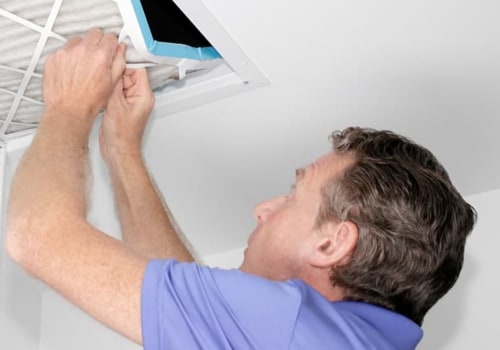Have you ever wondered why it's so important to change your air filter regularly? You may think that dirty air filters simply pollute the air, but that's not the full answer. Air filters do much more than remove particles from the air and prevent them from returning to the air you breathe. They also prevent particles from causing damage to the interior of the air conditioner. When an air filter is dirty, it can't do its job efficiently.
So what are the real reasons you need to change your air filter once a month? Here are the 4 main ways a dirty air filter can affect your home:1.Reduced Engine PerformanceIf it seems that your vehicle is slow to respond when you press the accelerator, this may be an indication that the engine is not getting enough clean air. A dirty air filter reduces the amount of clean air that reaches the engine, which decreases its power and performance. Replacing the dirty engine air filter with a new, clean one can improve engine acceleration.2.Poor Air Quality in Your Home2. Poor Air Quality in Your HomeDust, pollen and dirt get trapped deep in the air filter and a vacuum doesn't have the power to remove them all. The result is that less air reaches the engine, which is combined with less fuel and results in lower performance.
If the air filter is the main source of the air quality problem in the home, changing the air filters may be the best solution. If the air filters are dirty, airflow is restricted, which affects the amount of cool air that circulates throughout the house.
3.Visible Dirt and Debris
A new air filter is white or off-white, while a dirty air filter will appear darker with visible dirt and debris.4.Soot Residue Accumulation
The air filter also cleans the air that mixes with the car's fuel and circulates in the engine. However, if it's dirty, it can't do its job efficiently. The dirty air filter restricts air supply to the engine, causing unburned fuel to form a soot residue that accumulates in the spark plug. Now that you know why you should change your car's dirty air filter, you're probably wondering when to change it.The answer is simple: once a month! This will ensure that your car runs at peak performance and your home has clean, breathable air.



